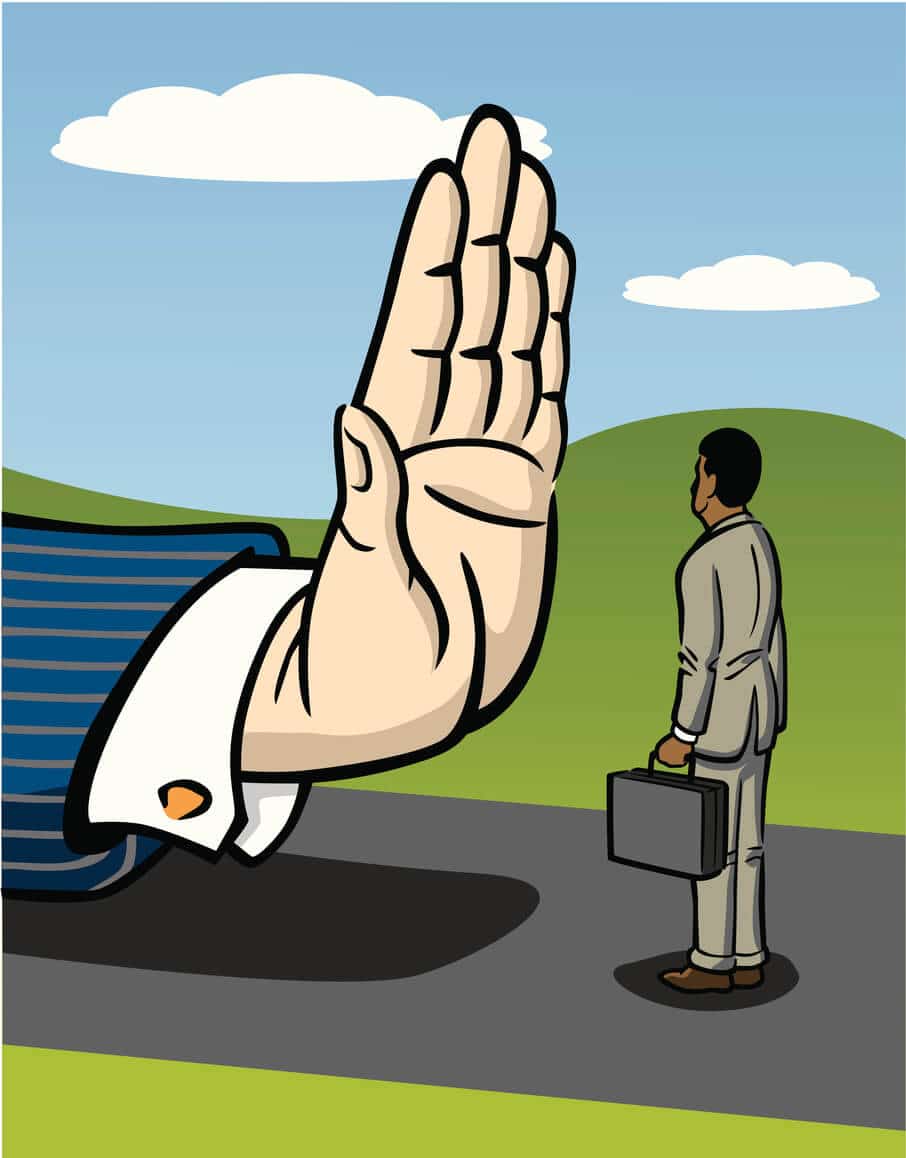Using a Discrimination Lawyer
Whether you are an employer or employee, it is important to understand how to handle discrimination cases. If you are unsure about how to handle your case, contact a discrimination lawyer for advice. The lawyer can guide you through the legal process and help you to determine whether your case is valid.
Race
Having a race discrimination lawyer on your side will help ease the discomfort of being a victim of racial discrimination. A discrimination lawyer can help you assess the merits of your case and help you find out whether you are entitled to compensation for your suffering.
The legal definition of racial discrimination is when you or a job applicant are treated unfavorably because of race. There are many different types of race discrimination. It may be based on the race of the employer, or it may be based on a person’s ethnic or racial background.
Generally, discrimination is illegal and employers are required to follow anti-discrimination policies throughout the hiring process. This includes the evaluation of applicants, promotion procedures, and the employment process itself. It may also involve harassment or derogatory comments, jokes, and physical assault.
Typically, these types of cases are not easily proven. A race discrimination lawyer can help you put together the right evidence to support your case.
A right-to-sue letter is a type of document that may be issued by the Equal Employment Opportunity Commission (EEOC). The right-to-sue letter is issued to the employee who is harmed by a discriminatory action. Typically, the letter informs the employee of their right to sue and the amount of time they have to file a complaint.
A good race discrimination lawyer will have the knowledge and experience to prove that your employer is in violation of federal and state law. They will know how to locate evidence hidden in payroll records, emails, and other company files.
Age
Using an age discrimination lawyer can help increase the chances of a successful claim. The right lawyer will be able to look at the facts of your case and determine whether you have a case. Depending on the state you live in, you may be able to file your claim with the local Human Rights Commission or the state’s Department of Labor.
Age discrimination in the workplace is illegal. The Federal Age Discrimination in Employment Act (ADEA) and the Older Workers Benefit Protection Act (OWBPA) protect employees over forty. The ADEA prohibits employers and labor organizations from discriminating against job-seekers and employees in the recruitment, hiring, promotion, and compensation of employees. The OOBPA protects workers aged forty and older by prohibiting employers from reducing or denying them benefits.
In order to win an age discrimination case, you must prove that your employer made a discriminatory decision. The key is causation. You must show that a decision was made based on age and that it was a bad decision. This could mean being demoted or having your position eliminated. You may be able to prove your age motive by obtaining witness statements.
Other evidence that could help your case includes statements made by the employer, statistics of the company’s workforce, and an examination of the company’s past practices. In addition, a court may order your employer to pay you back for any lost wages or benefits.
Gender
Having a gender discrimination lawyer on your side can help you get the compensation you deserve. These lawyers will help you evaluate your case and advise you on how to move forward. They can also help you secure the change you need in the workplace.
Gender discrimination is when an employee is treated differently because of his or her gender. It can be anything from subtle injustices to outright harassment. A gender discrimination lawyer can help you file a claim for compensation and make changes in the workplace.
If you are a victim of gender discrimination, you may be entitled to compensation for emotional anguish, lost wages, and other losses. You may also be entitled to legal fees.
The Equal Employment Opportunity Commission (EEOC) is a federal agency that investigates charges of job discrimination. It requires applicants to file a claim within 180 days of the last incident. You can also file a claim with your state agency. These agencies often offer reciprocal options with the EEOC.
It is important to gather evidence in order to file a gender discrimination claim. This can include copies of discriminatory emails and messages. You may also need to gather witness statements.
When you file your claim, you will need to show that the employer’s action was motivated by gender bias. Your lawyer can help you gather evidence in order to establish your claim.
Sexual orientation
Those who identify as lesbian, gay, bisexual or transgender often fear discrimination at work. They fear being evaluated based on sexual orientation or being denied promotions.
A sexual orientation discrimination attorney can assist you in protecting your rights. An experienced attorney will review your case and determine whether you have a valid case. He or she can also advise you on whether filing in court is the best course of action.
If you have been fired from your job due to sexual orientation, you may be entitled to compensation for lost wages and other economic disadvantages. Often, you may even be able to secure reinstatement to your previous position.
You can file a sexual orientation discrimination claim with the Equal Employment Opportunity Commission (EEOC) if you feel that your employer has discriminated against you. The EEOC is a federal agency that enforces anti-discrimination laws.
You can also file a sexual orientation discrimination complaint with the New York State Division of Human Rights. This agency can hold a hearing before an administrative law judge. In addition, you can file a complaint with a local city or county’s human rights office.
You have a legal right to work in a safe, welcoming environment. Sexual orientation discrimination occurs frequently in the workplace. Some examples of sexual orientation discrimination include being fired, denied a promotion, or being discriminated against during the hiring process.
Disability
Whether you are an individual with a documented disability or a prospective employee, you need to know what is legal and what is not. A New York disability discrimination lawyer can help you make the most of your case.
The ADA (Americans with Disabilities Act) is a federal law that prohibits discrimination against qualified individuals with disabilities. The ADA covers state and local governments, as well as private companies with fifteen or more employees.
The ADA requires employers to provide reasonable accommodations for qualified individuals with disabilities. This includes making workplace adjustments, providing training, and creating alternate work schedules. However, if the accommodation is unreasonable, such as making an employee work extra hours or remove an essential function of the job, it may be considered discrimination.
The ADA also prohibits discrimination against job applicants with disabilities. This means that an employer cannot require a job applicant to submit to a medical examination before deciding whether to hire or not.
The ADA also prohibits discrimination on the basis of a disability in benefits. This means that an employer cannot refuse to pay a person with a disability the same amount of money as someone without a disability.
The NYCHRL (New York City Human Rights Law) also offers greater protection than the ADA. The ADA’s definition is more straightforward, while the NYCHRL’s definition tends to be more liberal.
A New York disability discrimination lawyer can help an individual who believes they have been a victim of disability discrimination file a lawsuit against their employer. It is also possible to file a complaint with the New York State Division of Human Rights, as well as the EEOC (Equal Employment Opportunity Commission).
Workplace retaliation
Using an employment lawyer can help you get the compensation you deserve if you have been retaliated against in the workplace. An employment lawyer can help you gather evidence and get a better idea of how strong your case is.
Employees who are being retaliated against in the workplace may file a claim with the Equal Employment Opportunity Commission. This is a federal agency that enforces anti-discrimination laws. You can also file a claim with a state fair employment agency.
Employers can’t discriminate on national origin, ancestry, gender, race, religion, age, physical or mental disability, or terms and conditions of employment.
An employment lawyer can help you determine if your employer is acting in violation of state or federal law. They can also tell you what you need to do next. You may be able to get compensation for wages and damages that you have suffered at the workplace.
An employment lawyer can also look at your overall treatment and the treatment of other employees in the workplace. They can tell you what evidence you need to collect and what you should do with the evidence. You may also need to get copies of important documents in several places. You may need to print or email them to yourself.
You should also keep records of all communications with the employer, including emails. You should also have documentation of any interactions you have had with people outside of work.



